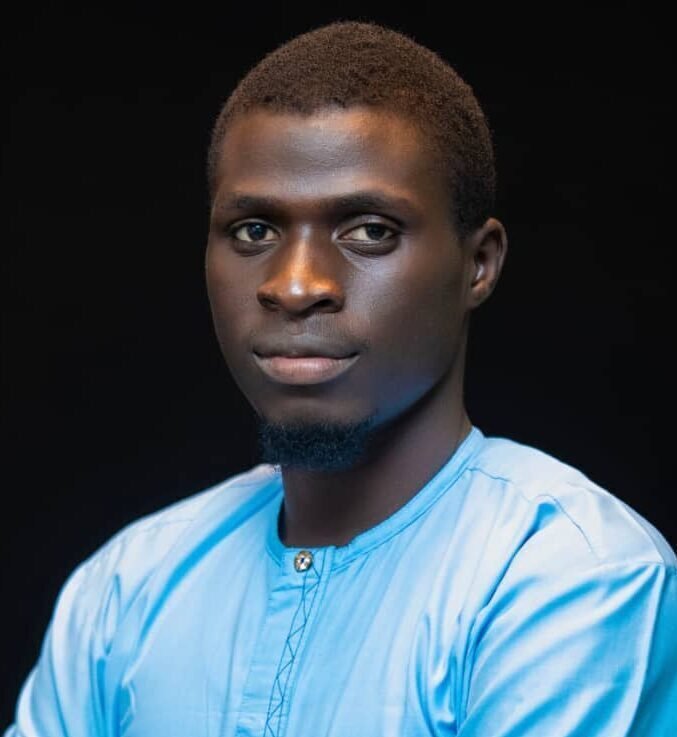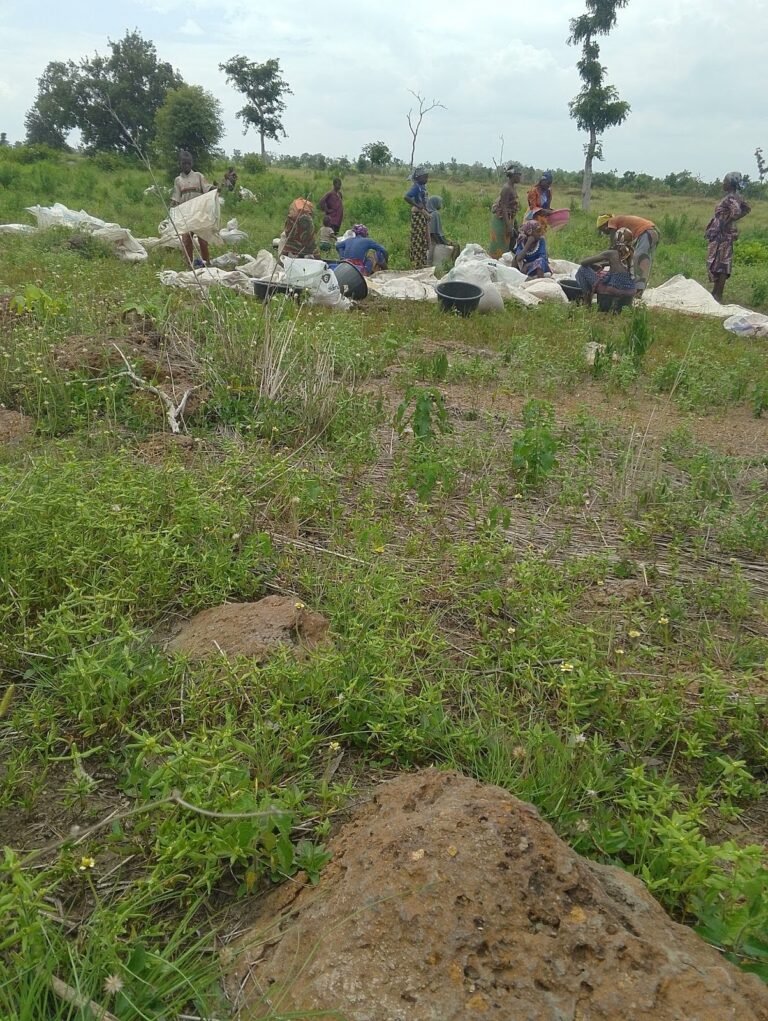Tired of the harsh policies inflicting pain on the majority, Nigerians trooped out to protest against bad governance under the watch of President Bola Tinubu. While some called it #EndHunger protests, others tagged it #EndBadGovernace to demonstrate their resentment towards the economic hardship in the country. But the Nigeria Police Force responded to agitated protesters with lethal power and brutal treatment.
Since the commencement of what was supposed to be a 10-day nationwide protest on August 1, unarmed civilians were repressed with excessive force by the police, with protesters beaten severely, and tear-gassed while some were unlawfully arrested.
The Nigeria Police has a track record of human rights abuses. According to a survey conducted by NOIPolls, a research think tank in West Africa, the officers are the country’s worst violators of human rights. Nigerians have also protested against police brutality many times, but no significant change has been recorded. Despite promises by authorities to reform the institution, the police have continued to clamp down on peaceful demonstrators with canisters and sometimes firing a hail of bullets.
In Abuja, for instance, a female protester collapsed while running away from canisters fired by police operatives to disperse demonstrators at the MKO Abiola Stadium on Friday, August 2. During the demonstration, Mandela Olalekan, a broadcast journalist with the Nigerian Science, Technology & Innovation Television (NSTI-TV), said he witnessed policemen shooting at protesters, kicking the peaceful protesters and beating them “mercilessly and roughly.”
Even the physically challenged among the protesters were not spared. In Bauchi, two policemen were seen forcefully dragging a physically challenged man protesting and almost dislodging him from his wheelchair. In Niger state, at least six protesters were killed after police fired shots to disrupt peaceful demonstrators. Yahaya Isah, one of the deceased, was hit by a stray bullet while riding on his motorcycle near the Suleja Police Station where the protesters gathered.
About 21 protesters died during the protest, while 1,154 persons were arrested, according to a situation report by the United Action Front of Civil Society, a non-governmental organisation that promotes good governance and democracy.
Journalists and media covering the protests were also not given a breathing space. Several instances of harassment, assaults and arrests were recorded during the protests. Yakubu Muhammed, a reporter with Premium Times said he was severely beaten by police operatives trying to quench the fire of the raging protest in Nigeria’s capital city. Despite identifying himself as a journalist and even wearing a press jacket, Mohammed was injured with a gun butt on his head, and in the process, his camera got damaged.
Mary Adeboye, a journalist with News Central Television, was tear-gassed by policemen while covering the demonstration in Abuja. Jide Oyekunle, a photojournalist with the Daily Independence Newspaper, was also harassed by police operatives, and his phone was taken away from him.
“I don’t know why the police are trying to suppress press freedom while we are carrying out our constitutional duties. This is unfair,” Oyekunle groaned.
It was not the first time the police harassed journalists in Nigeria, despite laws safeguarding press freedom. According to the 2024 World Press Freedom Index by Reporters Without Borders(RSF), a non-profit global organisation, Nigeria is one of West Africa’s most dangerous and difficult countries for journalists.
When the protest gained momentum, with thugs invading protest grounds to cause mayhem, President Bola Tinubu addressed Nigerians, urging protesters to halt demonstrations and embrace dialogue with the government. While there were glaring violations of protesters’ rights, the president failed to condemn the acts in his long speech.
Activists have, however, criticised the recent president’s speech, saying it’s a disregard of human rights and dignity. Wole Soyinka, the Nobel laureate, faulted the president’s national broadcast for not addressing the violent crackdown against protesters by the security operatives.
Deji Adenyanju, a human rights lawyer, also kicked against the brutality of the police during the protests, noting that Kayode Egbetokun, the Inspector General of Police, should be held responsible for such conduct.
“What we saw were attacks by the police against unarmed protesters across Nigeria. The police opened fire on unarmed protesters without provocation, killing people in Borno and Kano, and injuring many others. This should not go unpunished,” he said.















